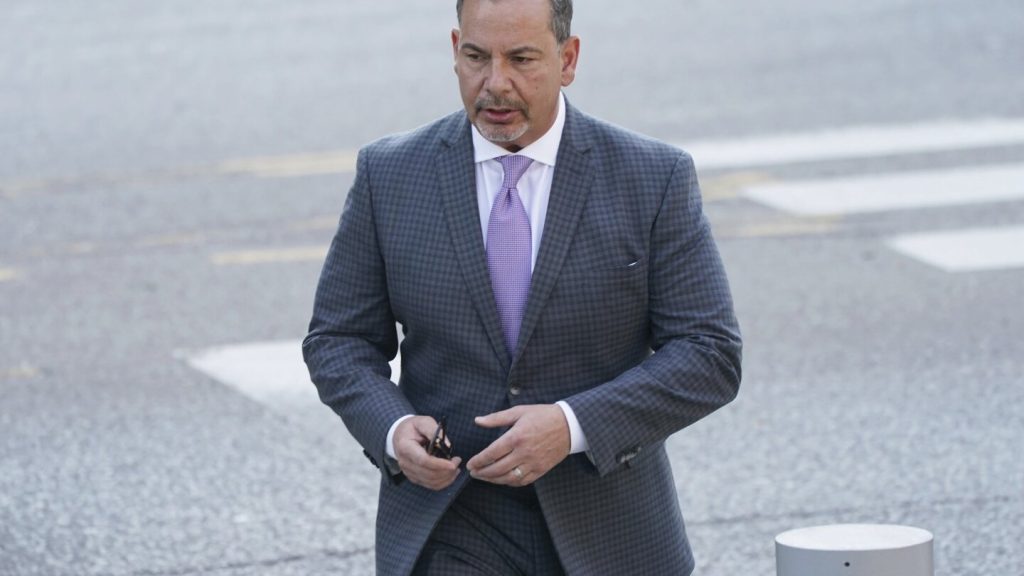A former U.S. Drug Enforcement Administration agent, Joseph Bongiovanni, was convicted of obstruction of justice and lying to federal agents by a federal jury in Buffalo, New York. However, the jury acquitted him of a charge related to improperly wiping his DEA cellphone and failed to reach a verdict on other charges, including allegations of accepting $250,000 in bribes from the Buffalo Mafia. This mixed verdict came after a week of deliberations and a seven-week trial that shed light on corruption scandals within the DEA. At least 16 DEA agents have faced federal charges since 2015, with some serving lengthy prison sentences.
Assistant U.S. Attorney Joseph Tripi stated that prosecutors will seek to retry Bongiovanni on the corruption charges that the jury couldn’t agree on, including allegations that he shielded a sex-trafficking strip club in Buffalo and obstructed investigations into his childhood friends. On the other hand, defense attorney Robert Singer indicated that he would move to dismiss those charges, questioning whether the prosecution should continue given the jury’s disagreement. Singer argued that the government’s evidence was not convincing, and Bongiovanni was only convicted of taking a file from the DEA office to his house.
Prosecutors accused Bongiovanni of providing protection to childhood friends who were involved in criminal activities and suspects with ties to organized crime. They claimed that he created fake case files, vouched for criminals, revealed the names of confidential informants, and monitored whether trafficker friends were under law enforcement surveillance. The prosecution described Bongiovanni’s actions as a betrayal fueled by financial difficulties and loyalty to Buffalo’s Italian American community. They alleged that he prioritized loyalty to criminal friends over his duty, allowing serious crimes to occur under his watch.
During the trial, the defense denied the charges against Bongiovanni and argued that the government failed to prove that he accepted bribes. They pointed out that there was no evidence of extravagant spending when authorities raided the agent’s home. The case was part of a larger sex-trafficking prosecution involving the Pharoah’s Gentlemen’s Club, owned by Peter Gerace Jr., a childhood friend of Bongiovanni with ties to the Buffalo Mafia and the Outlaws Motorcycle Club. Gerace denies any wrongdoing and looks forward to addressing the allegations at his own trial.
Prosecutors claimed that Bongiovanni faced financial struggles during his career, making him susceptible to bribes. They highlighted unexplained cash deposits into his bank account and pointed out that Bongiovanni and his wife lived paycheck to paycheck, relying on credit cards to support their lifestyle. Defense attorney Singer argued that the couple took loans to pay off loans, indicating financial instability. However, the prosecution contended that the cash bribes allowed Bongiovanni and his wife to take multiple trips and buy a vintage car, suggesting corruption and misconduct on the part of the former DEA agent. The trial’s outcome has raised questions about the supervision of DEA agents and the prevalence of corruption within the agency.


